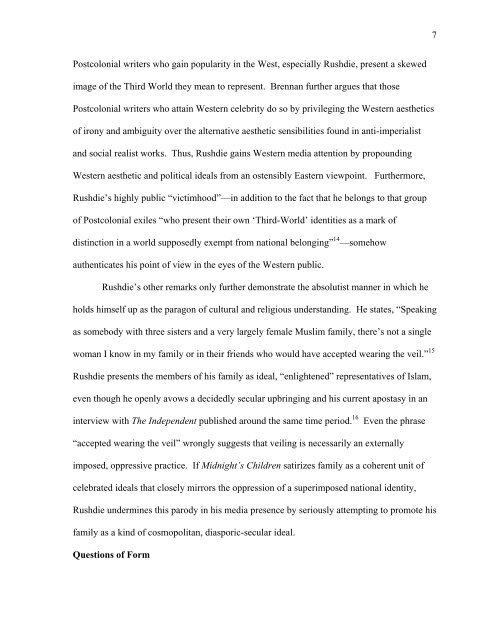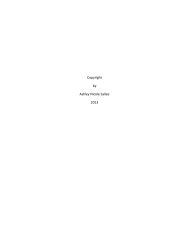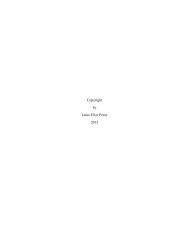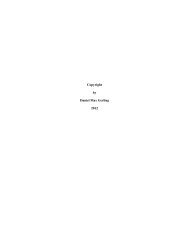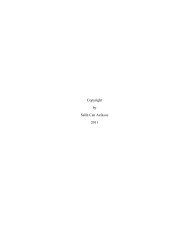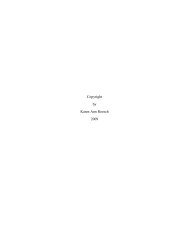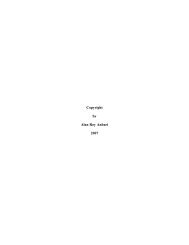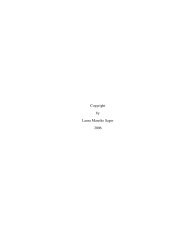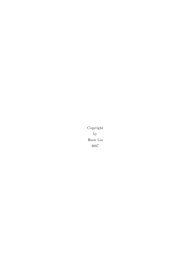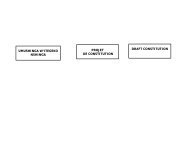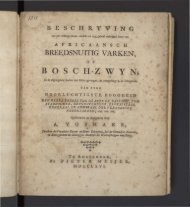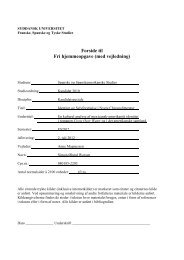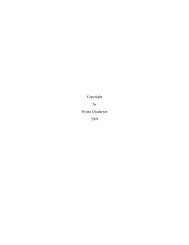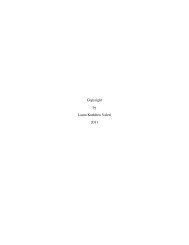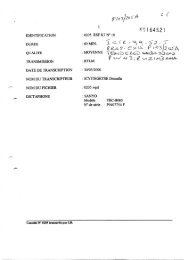The Secret Society: Descendants of Crypto-Jews in the San Antonio ...
The Secret Society: Descendants of Crypto-Jews in the San Antonio ...
The Secret Society: Descendants of Crypto-Jews in the San Antonio ...
Create successful ePaper yourself
Turn your PDF publications into a flip-book with our unique Google optimized e-Paper software.
7<br />
Postcolonial writers who ga<strong>in</strong> popularity <strong>in</strong> <strong>the</strong> West, especially Rushdie, present a skewed<br />
image <strong>of</strong> <strong>the</strong> Third World <strong>the</strong>y mean to represent. Brennan fur<strong>the</strong>r argues that those<br />
Postcolonial writers who atta<strong>in</strong> Western celebrity do so by privileg<strong>in</strong>g <strong>the</strong> Western aes<strong>the</strong>tics<br />
<strong>of</strong> irony and ambiguity over <strong>the</strong> alternative aes<strong>the</strong>tic sensibilities found <strong>in</strong> anti-imperialist<br />
and social realist works. Thus, Rushdie ga<strong>in</strong>s Western media attention by propound<strong>in</strong>g<br />
Western aes<strong>the</strong>tic and political ideals from an ostensibly Eastern viewpo<strong>in</strong>t. Fur<strong>the</strong>rmore,<br />
Rushdie’s highly public “victimhood”—<strong>in</strong> addition to <strong>the</strong> fact that he belongs to that group<br />
<strong>of</strong> Postcolonial exiles “who present <strong>the</strong>ir own ‘Third-World’ identities as a mark <strong>of</strong><br />
dist<strong>in</strong>ction <strong>in</strong> a world supposedly exempt from national belong<strong>in</strong>g” 14 —somehow<br />
au<strong>the</strong>nticates his po<strong>in</strong>t <strong>of</strong> view <strong>in</strong> <strong>the</strong> eyes <strong>of</strong> <strong>the</strong> Western public.<br />
Rushdie’s o<strong>the</strong>r remarks only fur<strong>the</strong>r demonstrate <strong>the</strong> absolutist manner <strong>in</strong> which he<br />
holds himself up as <strong>the</strong> paragon <strong>of</strong> cultural and religious understand<strong>in</strong>g. He states, “Speak<strong>in</strong>g<br />
as somebody with three sisters and a very largely female Muslim family, <strong>the</strong>re’s not a s<strong>in</strong>gle<br />
woman I know <strong>in</strong> my family or <strong>in</strong> <strong>the</strong>ir friends who would have accepted wear<strong>in</strong>g <strong>the</strong> veil.” 15<br />
Rushdie presents <strong>the</strong> members <strong>of</strong> his family as ideal, “enlightened” representatives <strong>of</strong> Islam,<br />
even though he openly avows a decidedly secular upbr<strong>in</strong>g<strong>in</strong>g and his current apostasy <strong>in</strong> an<br />
<strong>in</strong>terview with <strong>The</strong> Independent published around <strong>the</strong> same time period. 16<br />
Even <strong>the</strong> phrase<br />
“accepted wear<strong>in</strong>g <strong>the</strong> veil” wrongly suggests that veil<strong>in</strong>g is necessarily an externally<br />
imposed, oppressive practice. If Midnight’s Children satirizes family as a coherent unit <strong>of</strong><br />
celebrated ideals that closely mirrors <strong>the</strong> oppression <strong>of</strong> a superimposed national identity,<br />
Rushdie underm<strong>in</strong>es this parody <strong>in</strong> his media presence by seriously attempt<strong>in</strong>g to promote his<br />
family as a k<strong>in</strong>d <strong>of</strong> cosmopolitan, diasporic-secular ideal.<br />
Questions <strong>of</strong> Form


